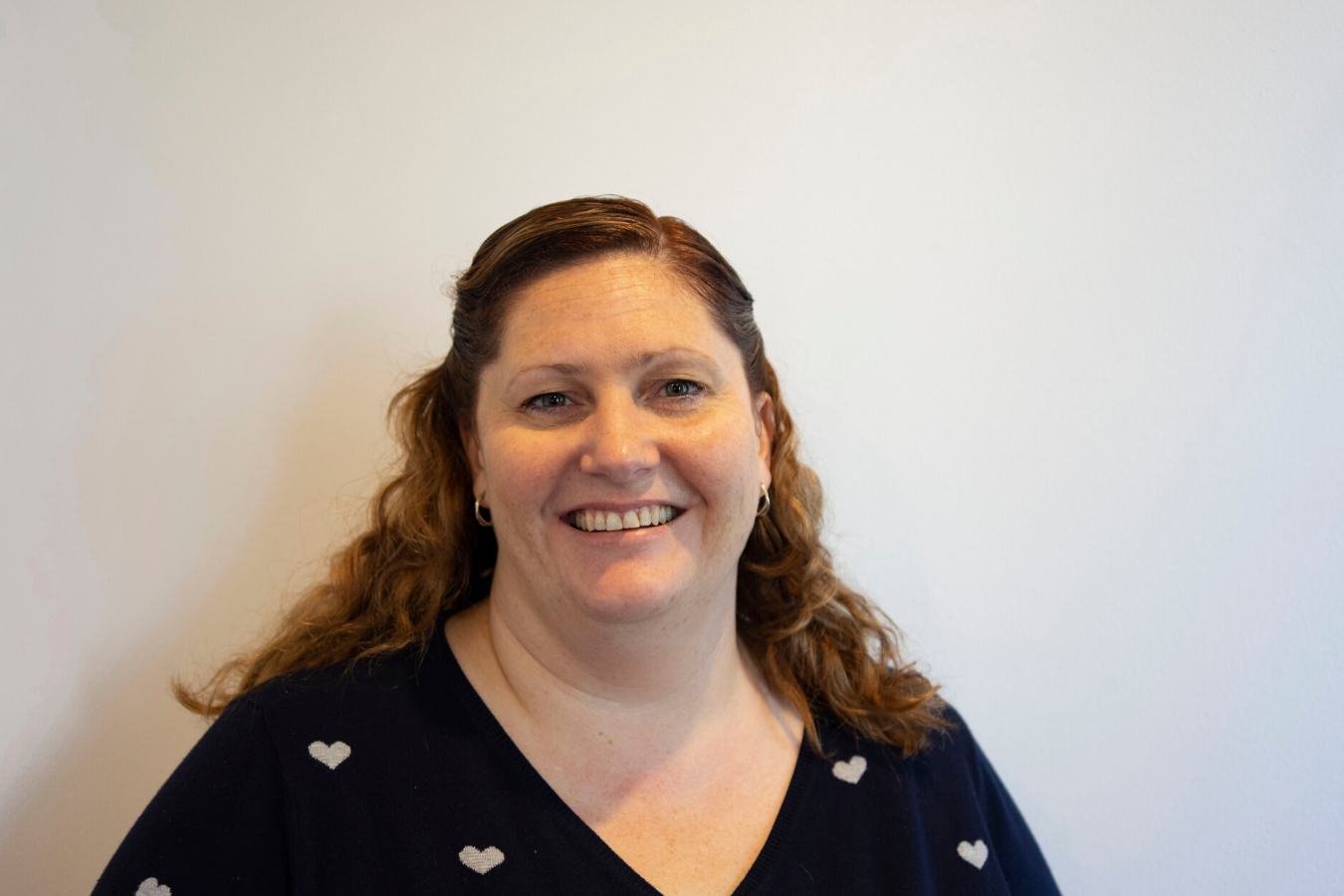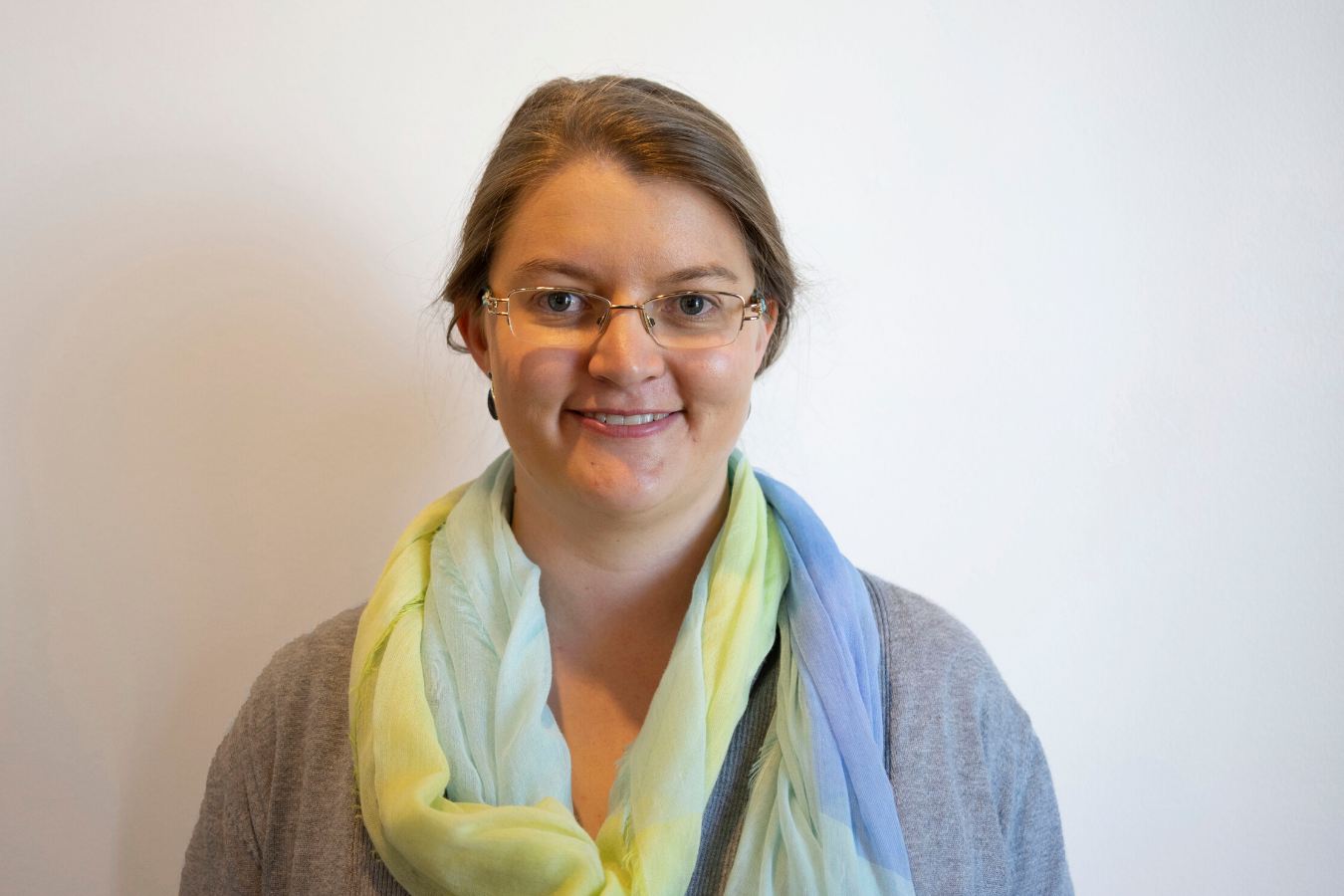The term ‘area of freedom’ is frequently used with regards to biosecurity and surveillance for exotic pests and diseases, but what does the term mean?
Area of freedom is the understanding that a region is free of a disease or pest, which can be proven statistically through sample/data collection in a region over time. The requirements have changed in the last 20 years so that it is no longer enough to not have detected these pests or diseases. Countries now need evidence to show that they have looked for these pests and diseases and not found them in order to be able to declare an area of freedom.
Hence surveillance is necessary to demonstrate area of freedom in order to meet trading partner requirements, as well as to demonstrate successful pest eradication at the end of a nationally approved eradication campaign.
While the process of collecting and analysing samples may sound simple, all the processes need to be linked to a set of protocols that meet a set standard for collection of surveillance data. This surveillance data provides the evidence that certain pests and diseases have not been detected in Australia. This can then be used by our businesses to trade with countries that require evidence of absence of a pest or disease. The surveillance data collected also increases the early detection (and therefore ability to eradicate) any exotic pests and diseases.
A successful biosecurity system is a shared responsibility, requiring scientists, government, industry, and the community to cooperate.
Fewer pest and disease problems mean lower production costs. Areas where rigorous biosecurity can deliver ‘area of freedom’ gives Australian producers an enormous advantage in international markets and allows us to have safer and cheaper locally produced food.
It is important to not accidentally introduce exotic pests or diseases into Australia after travelling overseas. The risk of introducing exotic diseases or new mutations of a pathogen into Australia can be minimised by having a biosecurity hygiene plan following overseas travel.
Basic biosecurity hygiene includes washing clothes and cleaning footwear before returning to Australia or immediately on return. If high risk areas have been visited, consider leaving clothing and footwear behind. Remind family members, employees or others travelling to also take these precautions.
The importance of surveillance
As you can imagine proving an area of freedom, and the surveillance required, can be a very expensive process.
In the Karnal Bunt case study, the number of samples that were collected in order to prove an area of freedom required significant time and investment, but were necessary to maintain trade access.
This demonstrates targeted surveillance, which is important in establishing area of freedom (or area of spread) due to a suspected incursion. Other types of surveillance include long term, general
surveillance programs which provide evidence of area of freedom for a wide range of pests and diseases. Examples of these include the Sentinel Silo Surveillance program and the CropSafe program.


